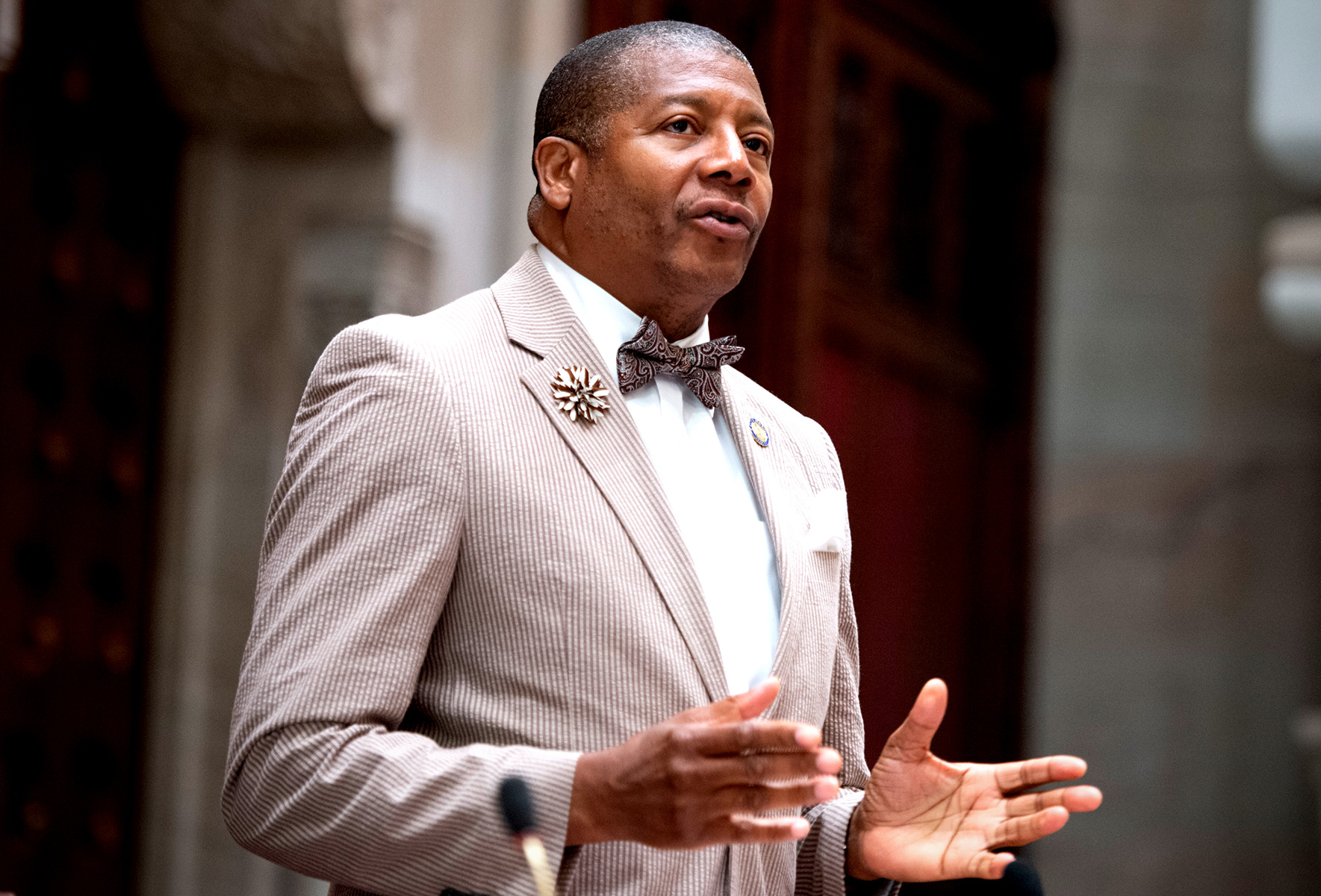
Imagine: your town is thriving. Businesses are busy, and the lines go fast because they've figured out the right amount of staff to keep up with their crowds. If you're a worker, you can always find a shift if you want extra income. New people are moving to your city in droves because they want to be where work and life truly connect. This doesn't have to be imaginary. Flexible work can help bring this picture to life.
Over the last few years, a lot has been said about how we can support and revitalize local economies. However, these insights often focus on only one side of the coin: the workers or the employers. The problem is economies are not built exclusively by one or the other. And for our local economies to thrive, we need to ensure that everyone who participates in the economy — whether acting as a business owner, worker, or consumer — is supported by it. This means businesses are properly staffed and able to meet demand, and workers receive a fair wage and a schedule that aligns with their lifestyle and financial goals.
While no one solution will ensure that every business is successful and every worker is happy, offering flexible work options can provide one piece of the puzzle as we work toward full-picture solutions. A thriving local economy is a mutual effort, and in offering flexible work options, we invest in everyone's success.
The Cyclical Relationship Between Workers and Businesses
People need to comfortably make money to spend money. If workers are unemployed or underemployed, they will likely spend less money in the local economy as they save their funds for necessities. Flexible work gives workers greater job opportunities as they aren't tied to one job that may let them go when the busy season ends. Instead, they can set up multiple streams of income, working for a variety of businesses as much (or as little) as they need to provide for themselves and their families.
Flexible work gives workers the ability to increase their take-home pay and better meet their financial needs. When workers can meet their financial obligations — with some leftover — disposable income pours back into the local economy. As consumer spending goes up, businesses will likely see an increase in demand, thus leading them to hire more workers, and the virtuous cycle can continue.
Finding Stability in Flexibility
Flexible work can also offer stability and consistency to both businesses and workers. Businesses don't have to worry about being understaffed during a busy period — scrambling to find help or being forced to close early if someone calls out — or overstaffed during a slow season — leading them to lay off valued workers. Flexible work allows businesses to hire who they need when they're needed so their business can run smoothly without interruption due to staffing issues.
On the worker side, flexible work ensures workers won't be left high and dry if a business no longer needs them. Instead, they can pick up a shift at a different business as soon as the very next day. Workers can even work for multiple businesses simultaneously, diversifying their income, skill set, and experiences. Flexible work fills in the gaps we often see in more traditional staffing practices, meaning both businesses and workers feel supported, and the local economy can continue bustling along.
A Rising Tide Lifts All Boats
Businesses that utilize flexible work aid not only their own organization but also the businesses around them. The Chief Economist at my company recently took a look at flexible work in cities with baseball stadiums. He found that when the baseball teams were having a great season, the business at the stadiums unsurprisingly saw an uptick in demand. However, not just the stadium vendors did well. Businesses within a mile radius of the stadiums also saw an increase in demand and had to hire more flexible workers.
Furthermore, a thriving local economy draws greater tourism. People want to visit cities with bustling restaurants and retail centers, and the increased activity also drives new residents to move to the area as people want to live in a city with ample work opportunities and options. A rising tide lifts all boats. The more businesses thrive and the more workers find employment, the better for everyone.
Our Local Economy Is an Ecosystem
Before the pandemic, the relationship between employers and workers was often one-sided. The businesses told you what you were going to do, when you were going to do it, and how much you were going to get paid. When the pandemic hit, we were forced to reevaluate the sustainability of this model. We're beginning to understand that to have a healthy economy, we need to create a relationship for workers and employers that is mutually beneficial.
Flexible work facilitates an economy that allows workers and businesses alike to succeed on their terms — an economy where workers can meet their financial needs, and businesses can find reliable and customizable staffing. Local economies are like an ecosystem of intertwining companies, employers, and workers who all want to flourish. We can't invest in one while ignoring the others.








